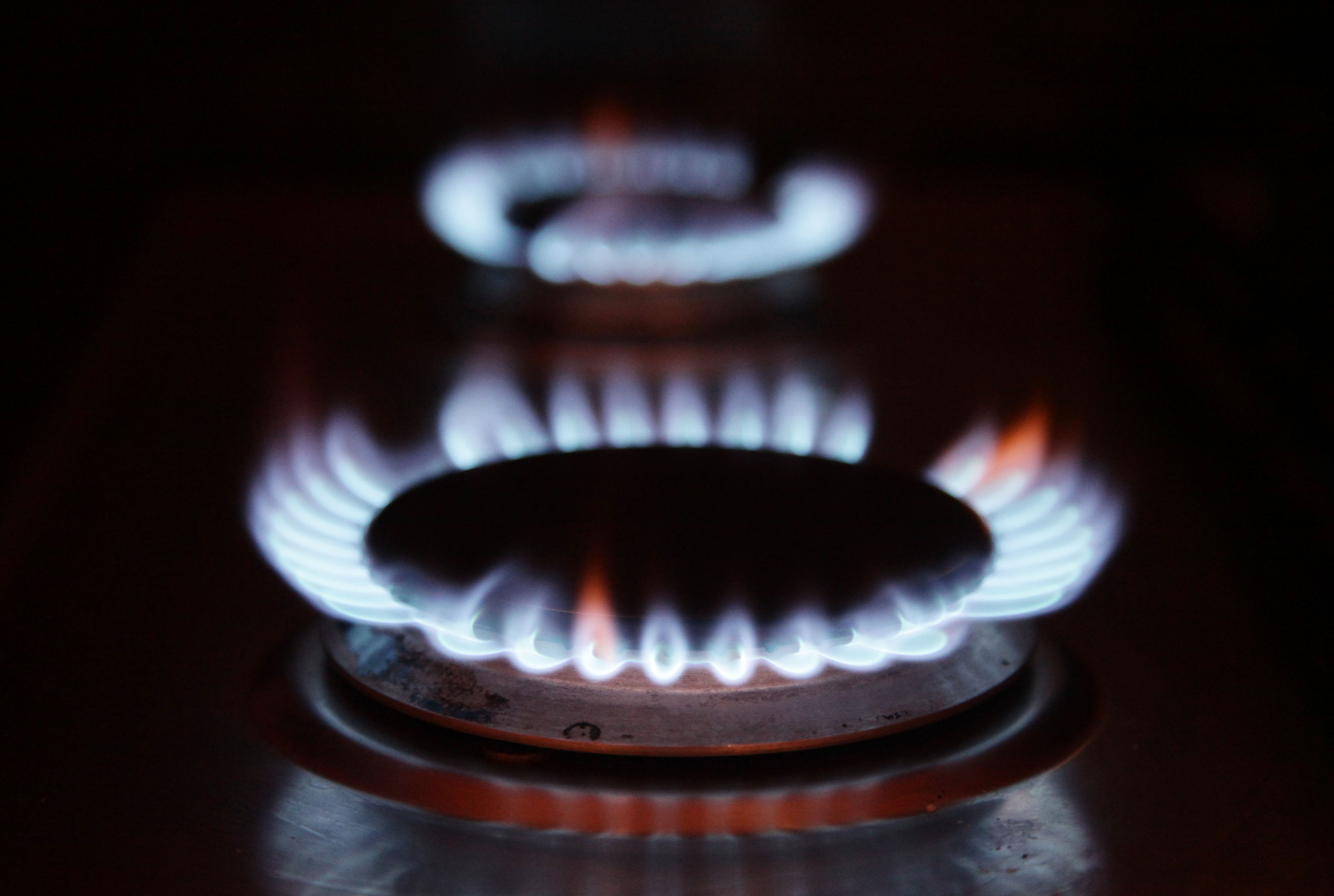
MORE than a million energy customers have been overcharged a total of £102 million over the last year because of billing errors, new research has revealed.
Nearly 1.3 million households were forced to pay an average of £79 more than they owed, and some are still waiting for a refund, according to a study by price comparison website uSwitch.
About one in three of customers affected said they were charged for an amount that did not match their meter readings, while a quarter said their energy bills did not add up correctly.
Claire Osborne, energy expert at uSwitch, said: “Customers having to pay the price for suppliers’ mistakes is unacceptable.
“Households are already feeling the pinch from recent energy price rises, and having to chase for an average of 35 days to get their money back simply adds insult to injury.”
The findings come just weeks after British Gas became the latest Big Six energy supplier to hike prices, ramping up the cost of electricity by 12.5% for 3.1 million customers, despite falling wholesale prices.
Other mistakes include suppliers getting direct debit amounts wrong (8%), applying incorrect fees (7%), and muddling bills up with someone else’s (5%).
It also took an average of 35 days for the overcharged customers to receive a refund, but over a third of those out of pocket had to wait for over two months, and 7% are either still waiting or have given up on getting their money back.
The cost of billing errors may be even higher than the total of £102 million, since over a quarter of consumers admit they either read their energy bills not properly or not at all.
Uswitch is calling for market regulator Ofgem and suppliers to dramatically reduce billing errors, reimburse customers within a month, and issue bills that are easier to understand as one in five who do not read their bills say it is because they are too complicated.
Ms Osborne added: “We want to see companies do much more to make life easier for their customers. Accurate bills are the bare minimum they should expect from their energy suppliers.”
Suggested improvements to help consumers spot mistakes include explanations on how the bill has been calculated, whether it was based on an actual meter reading, if the account is in credit, and reminders that the customer could save money by switching tariff or supplier.

Enjoy the convenience of having The Sunday Post delivered as a digital ePaper straight to your smartphone, tablet or computer.
Subscribe for only £5.49 a month and enjoy all the benefits of the printed paper as a digital replica.
Subscribe